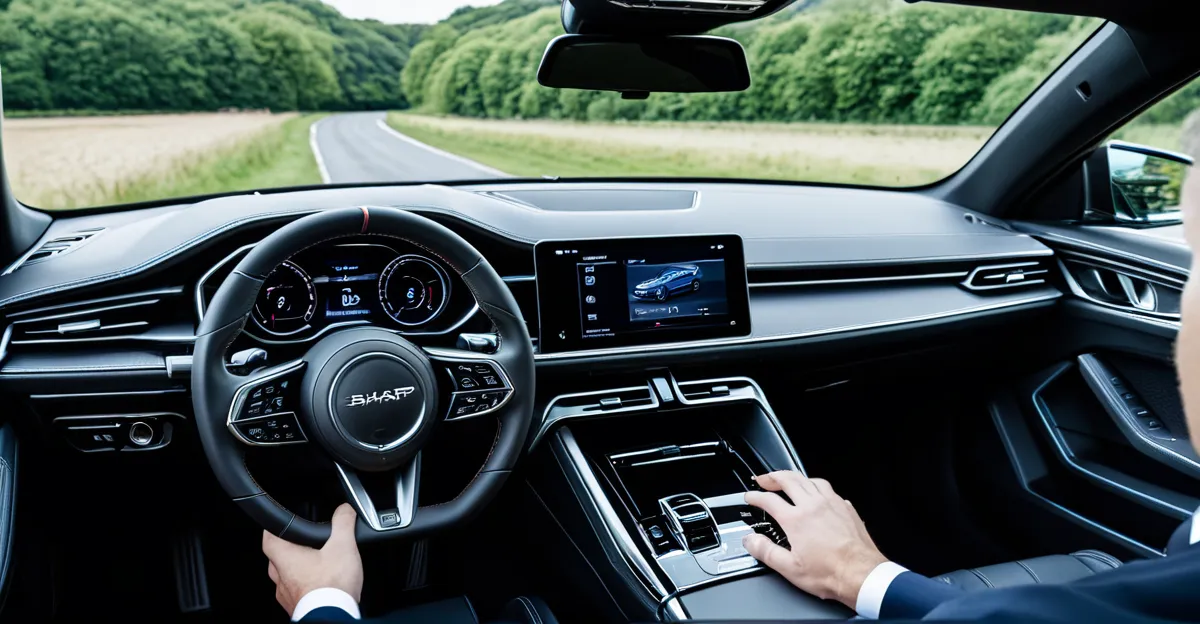Cutting-Edge Electric Vehicle Technologies in the UK
The electric vehicles UK landscape is rapidly evolving, driven by groundbreaking EV technology and substantial investments from major car manufacturers. Central to this progress is significant innovation in battery technology, which has improved energy density, charging speed, and overall durability. This evolution enhances the practicality and appeal of electric vehicles, making them increasingly competitive with traditional internal combustion engines.
Recent breakthroughs include solid-state batteries that promise greater range and safer performance. Moreover, the UK’s charging infrastructure has expanded aggressively, featuring fast chargers across urban and rural areas to address range anxiety—a critical barrier for many potential EV buyers. These developments illustrate how interconnected advancements in batteries and charging systems propel the EV ecosystem forward.
In parallel : What role does technology play in shaping the future of UK automotive design?
In terms of investment, leading UK automakers are committing billions toward electric mobility. Their strategies encompass redesigning production lines to accommodate electric drivetrains and developing proprietary battery technology. This robust commitment aligns closely with the UK car industry future, which emphasizes sustainability and innovation as core pillars.
Projected timelines indicate that widespread EV adoption in the UK could reach a tipping point within the next decade. Government policies targeting emissions reductions, alongside consumer shifts, are accelerating this trajectory. Industry forecasts expect electric vehicles to constitute over half of new car sales well before 2040, reflecting a significant transformation in both consumer preference and manufacturing focus.
Also to read : Why Are UK Automobile Exports So Important to the Economy?
In summary, the synergy between battery innovation, infrastructure expansion, and automaker investment forms the backbone of the UK’s rapid progression in electric vehicle technology. This convergence not only supports the environmental goals but also positions the UK as a competitive hub in the global automotive landscape.
Progress in Autonomous and Connected Vehicles
The development of autonomous vehicles UK is accelerating, with numerous initiatives advancing self-driving tech across both urban and rural environments. The UK’s commitment to testing and refining self-driving tech is evident through pilot programs that evaluate vehicle performance under real-world conditions, ensuring safety and reliability. These trials often involve autonomous buses, delivery vehicles, and passenger cars, reflecting the diverse applications envisioned.
A critical component of this evolution is the integration of connected cars technologies, such as vehicle-to-everything (V2X) communication and the Internet of Things (IoT). V2X systems enable vehicles to communicate with infrastructure, other vehicles, and pedestrians, enhancing situational awareness and reducing accidents. This connectivity is vital for the broader concept of smart mobility, allowing dynamic traffic management and improved efficiency.
Government policies in the UK actively support these advancements by funding research, creating regulatory frameworks, and facilitating collaboration between industry stakeholders. Such support helps bridge the gap between laboratory innovation and everyday use, positioning the UK as a hub for autonomous and connected vehicle innovation. Collectively, these efforts are laying the foundation for safer, smarter transportation networks across the country.







